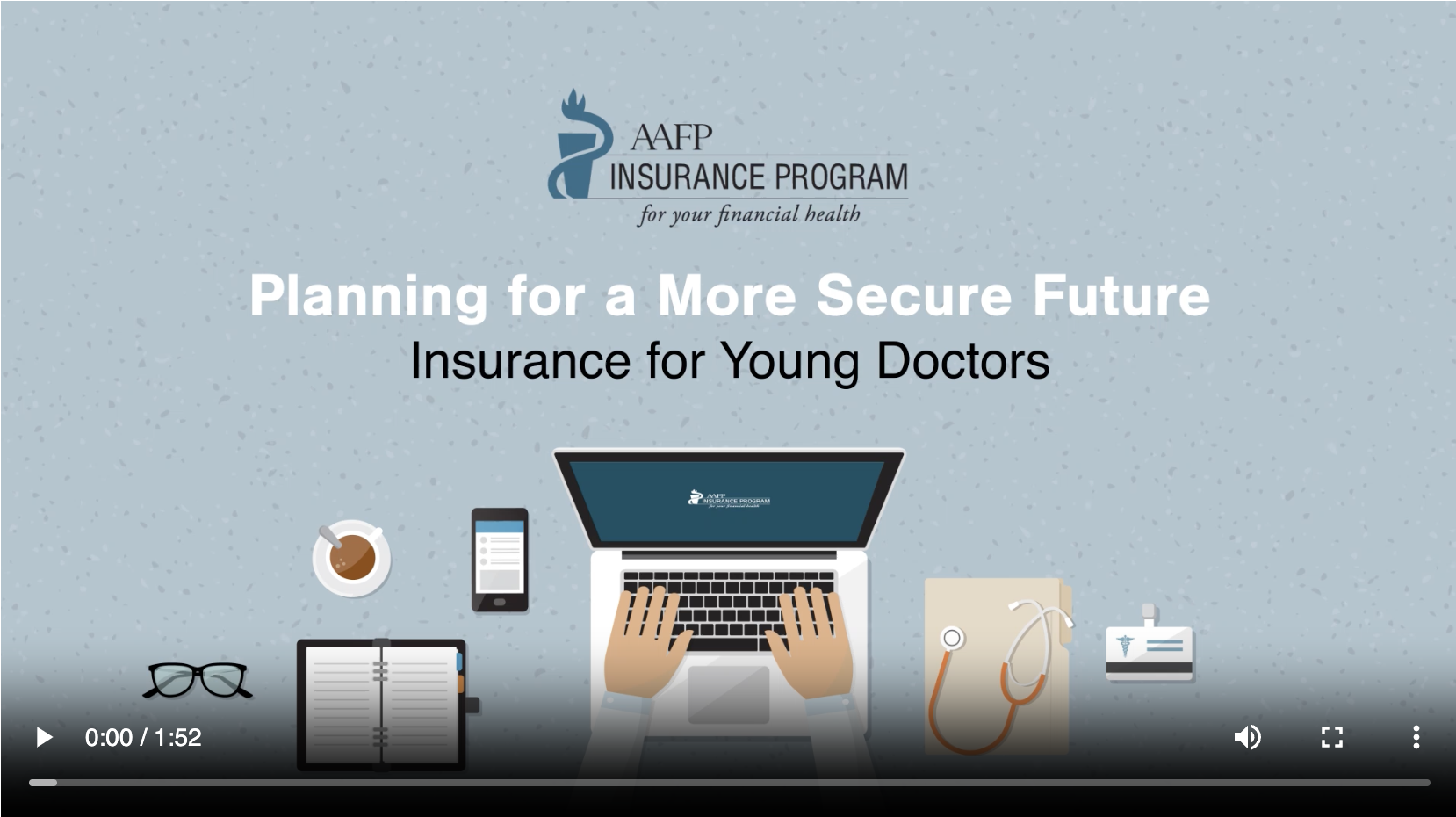Nearly 33,000 people die in traffic accidents each year. This may just be a statistic to many people, but consider how much time you and your family spend on the road. The fact is: Vehicles are lethal weapons.
The real problem: Many of us think of our cars as an extension of home — a dry, warm and safe cabin on wheels. With many of the comforts of home, our vehicles carry us across the open landscape or safely through the urban terrain to our destinations. However, the risks can be frightening. From breakdowns and accidents to unpredictable behavior and human error, our vehicles (and those around us) can be a threat to our safety and our lives.
According to the National Highway Traffic Safety Administration (NHTSA), 32,885 people died in traffic accidents in 2010, and another 2.25 million were injured. While these numbers are at historic lows, they offer little comfort to the families and loved ones of these individuals.
Fortunately, when it comes to you and your own family, there is much you can do to reduce these risks. Ask yourself the following 10 questions to see if you are doing all that you can to protect you and your family while behind the wheel:
1. Do I own a safe car? In the past, big meant safe. The idea was the more steel you had wrapped around your body, the safer you were. However today, safety is based on such factors as airbags, brake systems, rollover stability, and crash-test ratings. In fact, six of the top ten rated cars in 2012 are small, reports the Insurance Institute for Highway Safety (IIHS).
2. Do I use seat belts all the time? It should go without saying, but… While seat belt use is up, thanks to the nationwide “Click it or Ticket” campaign, 51% of people who die in car accidents each year (more than 11,000 men, women, and children) are not wearing seat belts. Buckle up, even on those short drives to the store down the block.
3. Do I drink and drive? Again, something that we should know by now. Unfortunately, according to the National Highway Traffic Safety Administration, more than 10,000 people die each year in alcohol-related auto crashes. That’s one death every 15 minutes. The real risk, of course, is not just to the drunk driver, but to his or her passengers and other people on the road. Drive defensively and steer clear of cars where the driver appears to be impaired or is behaving erratically.
4. Do I keep my car well maintained? In a tight economy, some people postpone basic maintenance. When it comes to safety, a vehicle with balding tires, worn out brakes, burned out tail lights or an unreliable battery can cause accidents or breakdowns. You may take good care of your car, but what about your teen driver or young adult son or daughter? You might want to consider a gift of maintenance (new tires, brake check, bumper-to-bumper inspection) for a birthday, anniversary, or other present.
5. Do I avoid road rage? According to the American Automobile Association (AAA), it is estimated that up to 56% of fatal crashes involve “aggressive driving behaviors.” This phenomenon, which has irate motorists attacking or threatening other drivers, can lead to accidents, injuries, even deaths. So, when a driver cuts you off and slams on the breaks, looking for a confrontation, drive on. If you feel threatened, call 911.
6. Do I use my phone or send text messages when driving? Insurance industry surveys show that, except in states where it is illegal, it is estimated that 81% of drivers talk on the phone while driving. And texting? Those who engage in sending text messages while driving are 23 times more likely to get into an accident! If you make a lot of calls in the car, consider a hands-free phone. However, be aware that it may not so much be the use of the phone as the distraction of talking while driving. So pull over when using the phone, texting, or checking messages.
7. Do I avoid eating and drinking in the car? Whether it is spilled coffee in your lap or a dollop of ketchup about to drop on your shirt, eating while driving can be a distraction that leads to an accident. Simply put, don’t do it.
8. Do I follow all the child safety rules? According to statistics reported by the National Center for Statistics and Analysis, nearly 250,000 children are injured each year in car accidents. Very often, these injuries are the result of improper use (or non-use) of seat belts and safety seats. Follow this simple rule: All children should be buckled up at all times.
9. Do I drive defensively? Maneuvering a vehicle at speeds up to 65 miles per hour, often within just a few feet of other vehicles, is serious business. Be prepared and alert for hazards and potential accident situations at all times. This goes back to the fundamentals: scan the road ahead and check your rear view mirror every few seconds, maintain a safe distance behind the car ahead of you, stay out of the other driver’s blind spot, adjust your speed to road conditions, and give 100% of your attention to the task of driving at all times.
10. Am I prepared for emergencies? Vehicles are not only safer than they were a few decades ago, they are also more durable. Still, be prepared. Always make sure your spare tire is in good shape. Additionally, carry an emergency kit that contains first aid supplies, tool kit, flash light, jumper cables and fire extinguisher, as well as flares and/or plastic road reflectors. If your car breaks down, pull as far off the road as possible to avoid being hit by passing traffic. If you aren’t prepared to make your own repairs, stay in the car and call for assistance.
Safety footnote for pet owners: According to an AAA survey, 21% of respondents drive with dogs on their laps, a definite distraction. There is also the growing issue of unrestrained pets, which can be injured in an accident or even on a sudden stop; even more serious, pets can become deadly projectiles to the driver and other human passengers. Several states have already passed laws requiring pets to be in harnesses while in a car.
The bottom line: Driving is part of the daily routine for most of us. So, make sure that every trip – whether to the store a few blocks away or across the country – is a safe one by being prepared, driving defensively, and staying alert. Happy motoring.
* * *




